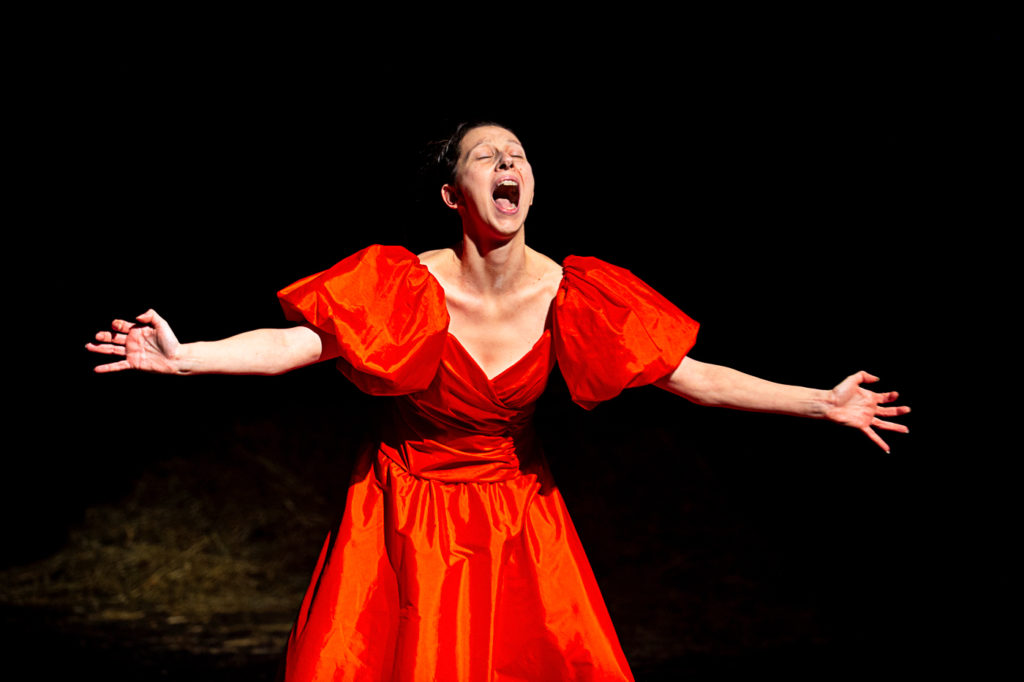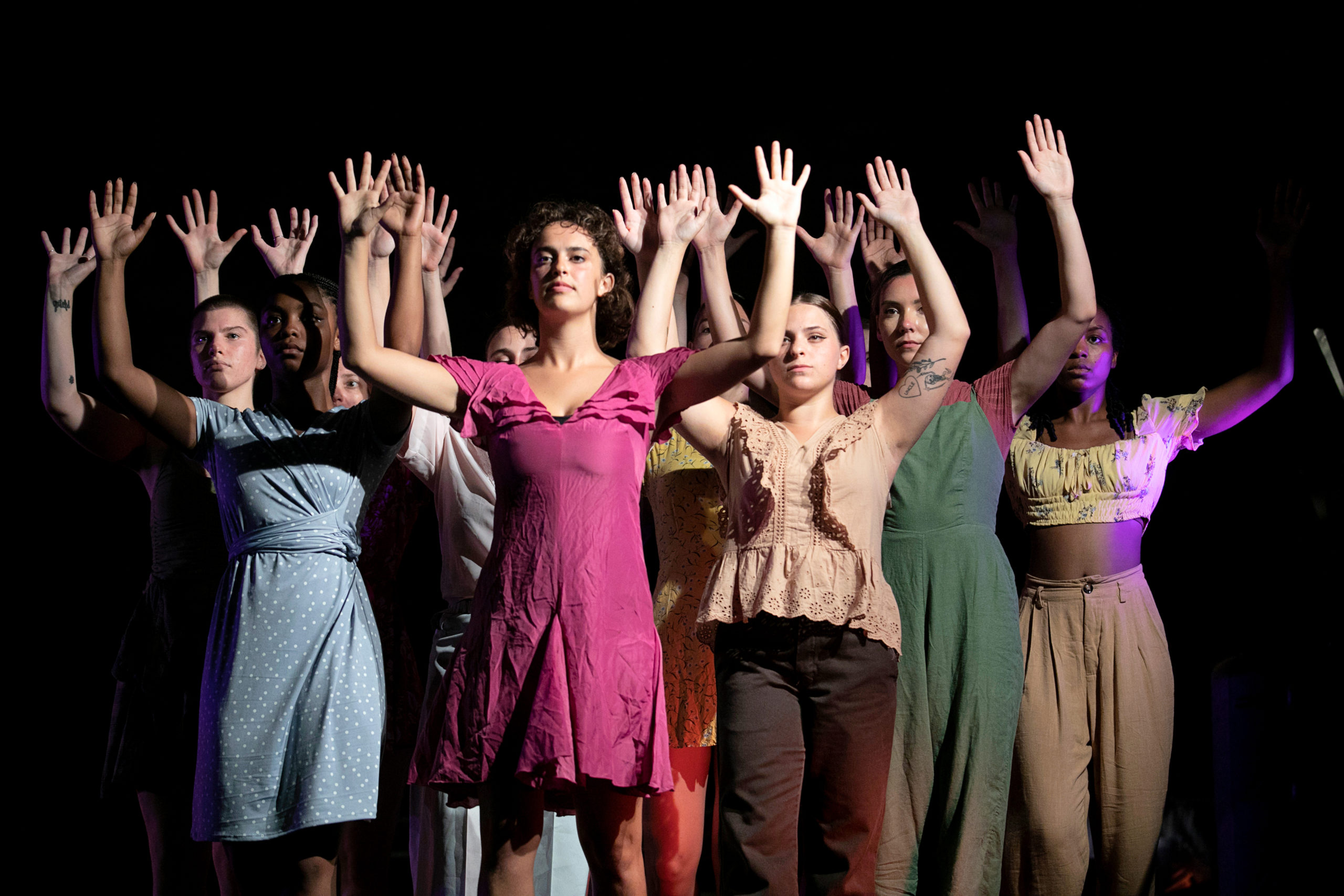WADEintoACTIVISM’s First Hybrid Festival Aims to Raise Awareness About Gender-Based Violence
In the midst of the COVID-19 lockdown, Giada Matteini, choreographer, dance educator and artistic director of the performing arts company WADE, made a simple observation: Sheltering in place at home in New York City, she felt relatively safe. But as a survivor of domestic violence, she knew that this wasn’t the case for many people who were now stuck at home with their abusers. (A study by the National Commission on COVID-19 and Criminal Justice found that domestic violence incidents in the U.S. increased by 8.1 percent following lockdown orders in 2020.)
That was the impetus for the inaugural 2020 iteration of the WADEintoACTIVISM festival, a 16-day virtual event featuring performances, panels, lectures and more related to the theme of ending gender-based violence. WADEintoACTIVISM is back this year (there was no festival in 2021) as a hybrid event, with in-person performances at New York City’s Arts on Site on November 25 (the International Day for the Elimination of Violence Against Women) and December 10 (Human Rights Day) bookending a slate of free virtual offerings.
Violence against women takes many forms, says Matteini, and the festival seeks to capture this breadth: The live events feature works tied to the festival’s themes by artists like contemporary Indian choreographer Ananya Chatterjea, Butoh dancer Vangeline and Isadora Duncan interpreter Lori Belilove. Digital programming includes conversations with activist, performer and drag queen Donald C. Shorter Jr. about queer visibility, with Elizabeth Yntema of the Dance Data Project about gender equity in the dance industry, and with participating choreographers diving deeper into their work.

Though Matteini hopes that the festival will one day produce 16 days of in-person events, the hybrid model allows WADEintoACTIVISM to include perspectives on how gender-based violence plays out around the world, with performances and conversations with artists and activists from Palestine, France, Lebanon, Canada and more. Matteini also plans to organize watch parties for college students during certain events, like a conversation on consent education and sexual-assault prevention with nonprofit Speak About It.
“We are dancers, we’re not policymakers,” says Matteini. “But our responsibility is to bring awareness, and hopefully bring some accountability.”




